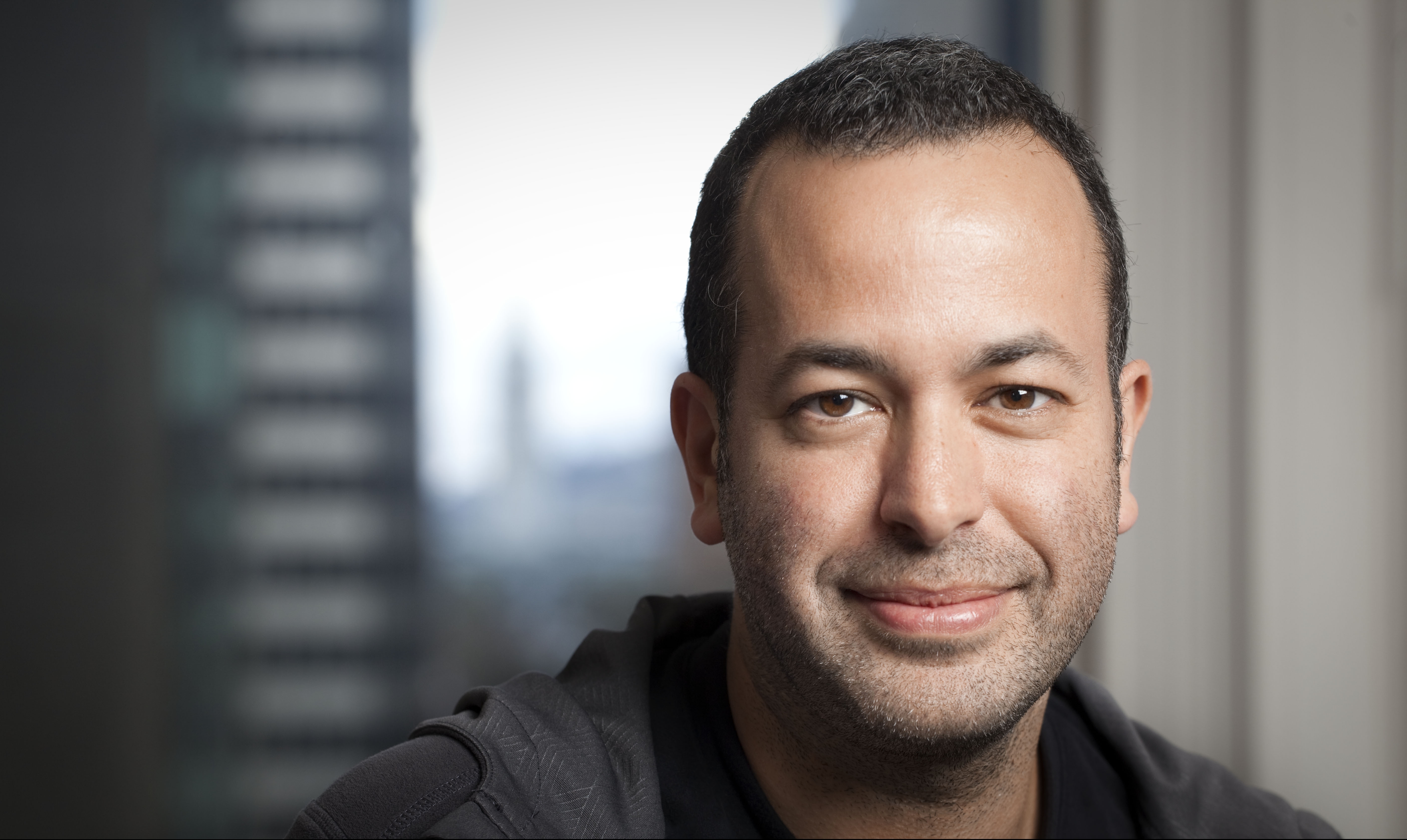On April 5th, I attended the 6th Annual Global Health Conference in the Life Sciences building. The guest speaker was Dr. Nathan Wolfe who is a microbiologist that travels the world studying viruses. Dr. Wolfe explained the world of microbiology in a metaphor, which really caught my attention. If there was an encyclopedia about all living organisms, 27 out of 30 volumes would be entirely about the unknown (micro) world. Most microorganisms have not been discovered yet, and new ones are being discovered every day. To think that there are so many unknown organisms that surround us daily was absolutely mind-blowing.
Dr. Wolfe went on to explain how our interconnected world is the reason certain viruses can spread across the globe and wreak havoc. A hundred years ago, there was not a deeply interconnected system of planes that allow people to travel across the world in less than a day. Nowadays, a small viral outbreak in the Democratic Republic of Congo has the potential to spread any where in the world if an infected individual would hop on a plane. To think that a deadly virus halfway across the world could randomly show up here is alarming, especially with the recent scare of the swine flu.
Dr. Wolfe went on to describe how humans have added to the threat of spreading viruses by simply exploring the world. He shared an example about how fungus on a traveler’s boot was carried to a pond where it killed the entire population of frogs. While the fungus was harmless to the traveler, it was deadly to the frogs that had never come in contact with it.
Although AIDS is one of the only bad viral epidemics we’ve seen, another viral outbreak–potentially worse–could happen at any time. Microbiologists like Dr. Wolfe work to discover these viruses so as to prevent future global health issues. While a deadly viral outbreak could occur anywhere at any time, Dr. Wolfe is taking steps to preventing such a possibility. It may take centuries to discover all of the “unknown world,” but microbiologists are making progress one day at a time.

